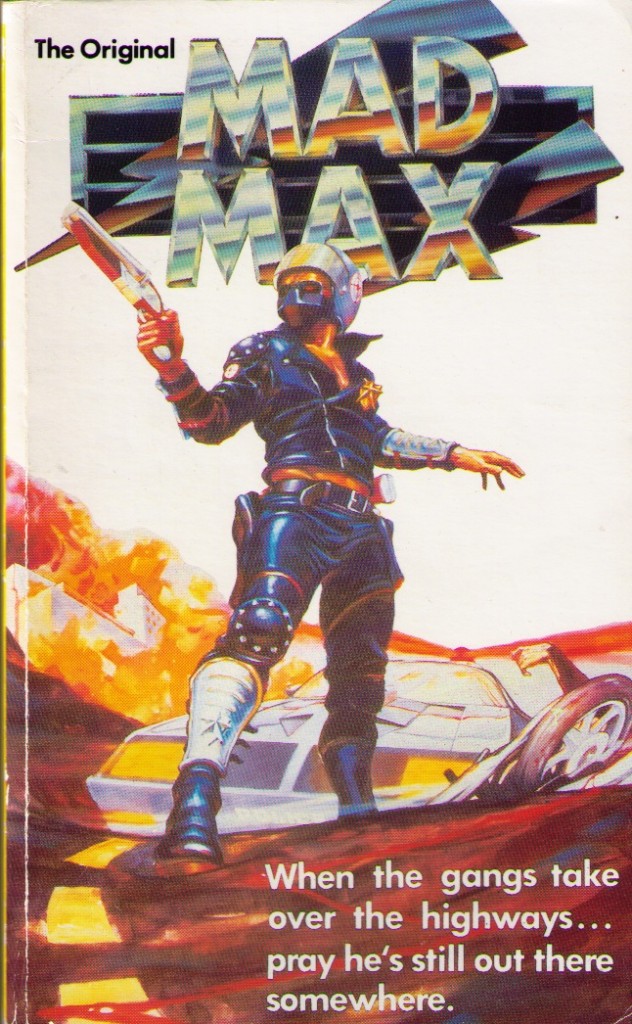To celebrate the release of the fourth instalment of George Miller’s Mad Max franchise, Mad Max: Fury Road, today’s Pulp Friday is the paperback tie-ins for the first three movies.
The first book, Mad Max, was published by Circus Books in 1979. Long out of print, it is now a much sought after collectors item.
The three books below were all published by QB Books in 1985, presumably to coincide with the release of Mad Max: Beyond Thunderdome in 1985.
Interestingly, Terry Kaye’s name does not appear on the 1985 edition of the Mad Max paperback. Austlit credits veteran Australian pulp paperback writer Carl Ruhen as author of Mad Max 2. I don’t know who the author of the third book is.
Enjoy.
… Read more



























